My mom, like most parents, worries about my happiness and wellbeing, which means she spends a lot of time thinking about me being unhappy and unwell. Funny how that works, right?
She worries about me being alone and unfulfilled. It’s one of her favorite topics to analyze and rehash. I appreciate the intent, and when we don’t agree, I can usually find a nugget of either philosophic or comedic gold in what we talk about. My mom is serious as hell, but that’s also what can make some of the stuff she says really funny.
For one thing, my mom thinks that artists are a different species, which as far as I’ve been able to tell, is incorrect. But then it’s pretty common for generations to misunderstand one another (e.g. Google “Millennials” right now), and if you’re not justifying why your job should exist then you’re justifying why you’re the person for the job. People love to have something to prove or disprove.
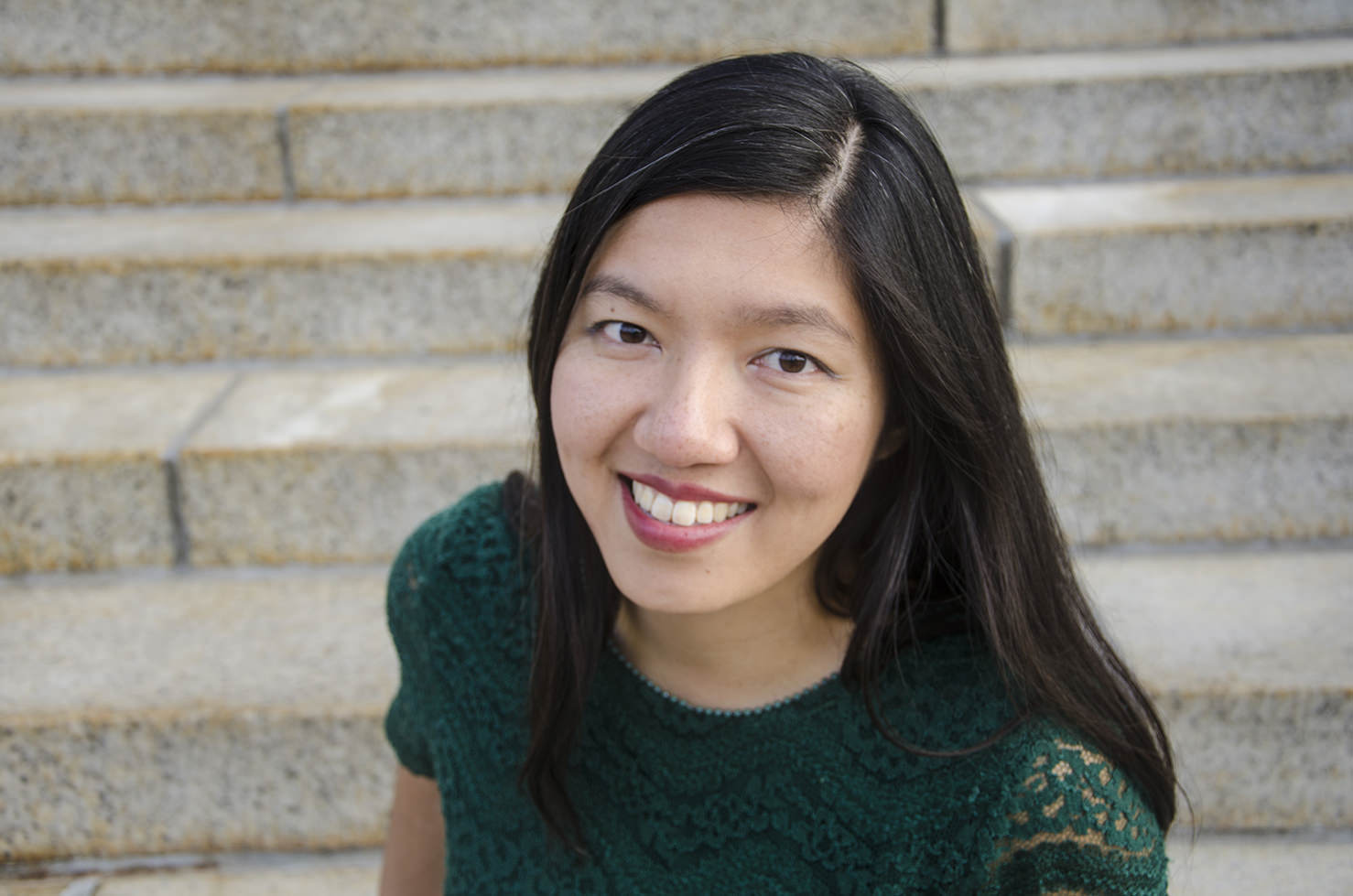

I went to Mexico over New Year’s, and in my attempts to be a good daughter, I made sure to call before leaving and after returning.
Her (before the trip): “So I’ve been thinking about why you’re still single, and I’ve come up with some ideas….”
Me: “Umm…can this wait?”
Her (after the trip): “I’ve figured it out! You just haven’t met the right person yet! You know, I’ve been thinking about whether you’re even ready for a relationship and what the purpose of a relationship would be at this time in your life and why you’ve ended things in the past….”
Me: “Jesus Christ!! I was just on an airplane and then a bus. Can I get a ‘How are you? How was Mexico?’ We haven’t talked in over a week. Can’t you start with something lighter or more positive?” I experience a deep moment of self-awareness and embarrassment as I say this. I’ve been known to start discussions on the human condition over Saturday brunch and a hangover. I think I know where I get it from.
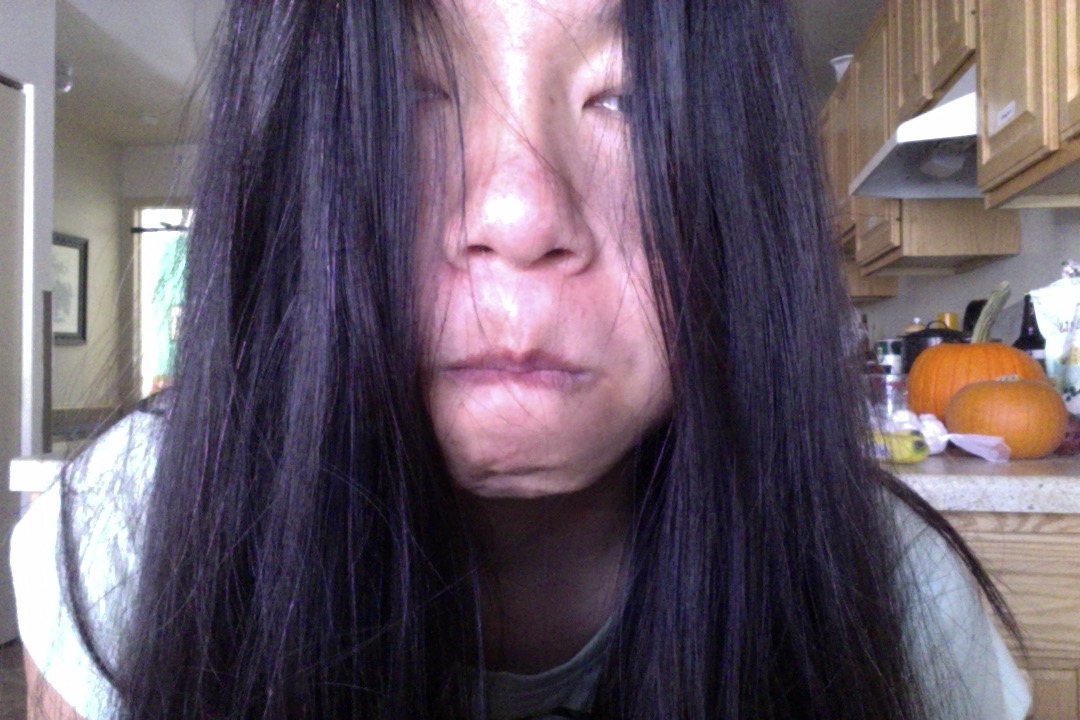
My mom keeps going, “Do you think that anyone knows how to love an artist?”
I’m tired, but I give in to the fact that we’re having this conversation and that it might be overdue karma. I say, “No, but I don’t think anyone knows how to love a manager or an accountant, either.”
She asks, “Do you think your ambitions will get in the way of falling in love with someone?”
I say, “Well, I didn’t used to be worried about it…but you and society at large stress like crazy about this stuff, so, yeah, now I do worry about it.”
“Don’t blame other people for your problems.”
“…I wasn’t, but well, okay, then no, I don’t think ambitions should get in the way of love. Sometimes I worry about how my life decisions might have to change for someone else, or how scary it is to ask someone to change his life for me, but then what I’m asking for in life doesn’t seem all that complicated, either. So theoretically, as a competent human being who likes other competent human beings, I should be able to figure this out with someone.”
She asks, “Do you even think you know what you want to do with your life?”

I say, “Usually. I have my doubts, but I think I’m pretty good at working through them. I want to do challenging, creative work that I’m proud of with people I respect, in a place I enjoy living. I want to make art. I want to write books worth publishing, and then actually publish them. I want a cat, a dog, and eventually a husband and maybe a goat. I want to spend a lot of time outside and traveling. These all seem like reasonable desires that aren’t terribly restrictive in terms of location or my skill sets. They don’t seem at all like mutually exclusive possibilities.”
She says, “That’s your problem. You don’t worry enough.”
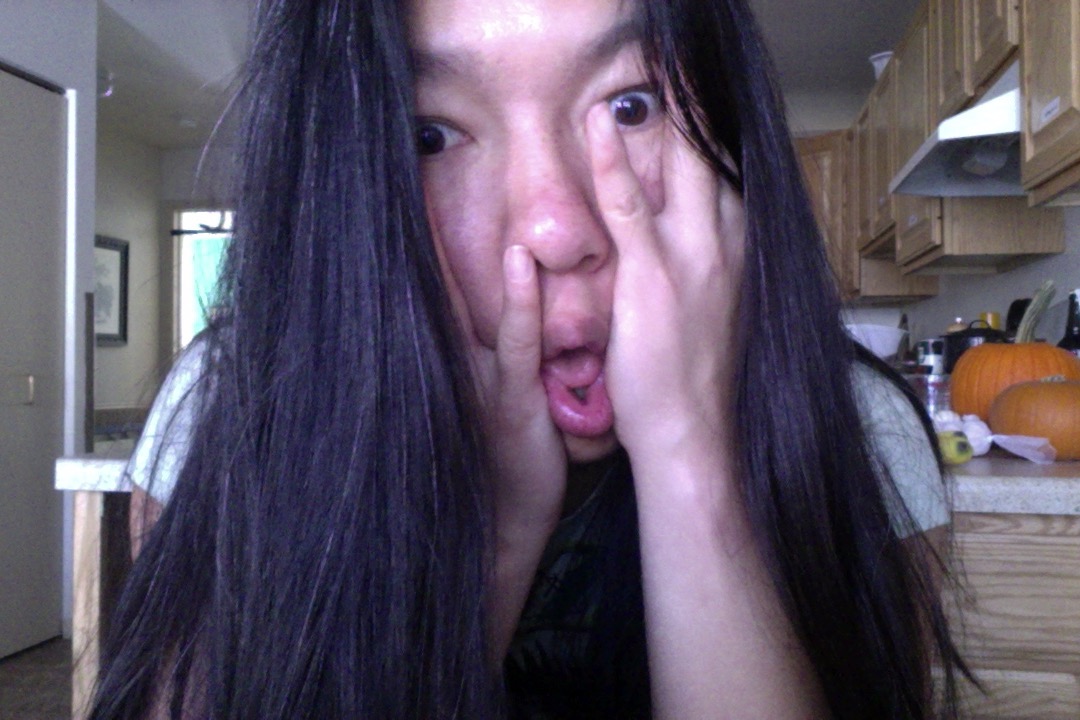
I respond, “Maybe so, but I think a lot, which surely has the same benefits minus at least a little of the emotional turmoil.”
She says, “I’ve figured out your other problem. You’re cold. Just because you’re not anxious about things doesn’t mean someone else isn’t. Aren’t you worried that you should worry about what other people worry about?”
“No…I mean, I worry about stuff, but then I realize that most of it is unimportant, and I think people in general worry about a lot of unimportant things.”
“I think that’s why you’re still single. You know, men are babies. It’s fine if you don’t care about answering to someone else right now, but you’ve got to learn to be a bit gentler and agreeable one of these days.”
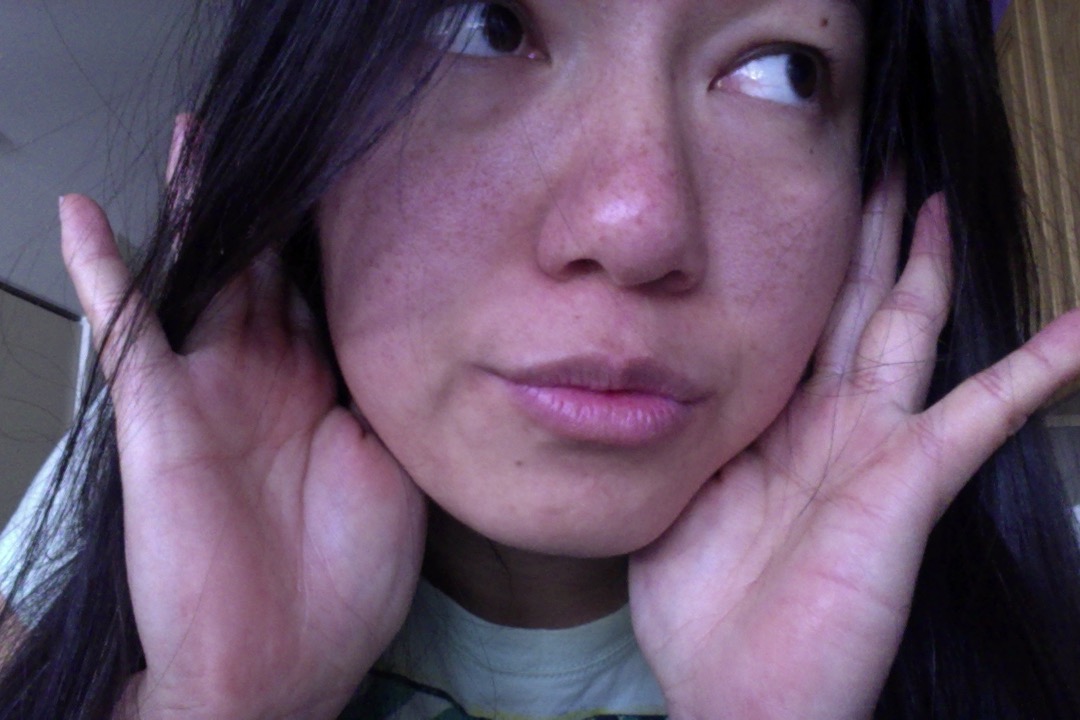
I say, “I disagree. I don’t think I’m cold and I don’t want to date a baby.”
She says, “I’m sorry, but that’s just the way it is. Men are a lot more delicate than you realize. Anyway, it’ll prepare you for motherhood. What about kids? Don’t you feel like having kids will give your life meaning?”
I want to say, “Not really. I have a hard enough time figuring out whether I’m making good art or just doing a lot of stuff that society didn’t ask me to do. I have friends who get excited about having kids and that’s great. I like kids. I think I’d make a good aunt. But I’m nowhere near interested enough in parenthood to be able to explain to someone someday, ‘Sorry, kid, I was horny one night and I really didn’t think this one through. So now you get to deal with this ‘meaning of life’ question that after tens of thousands of years of human civilization we’re still agonizing and warring over. I know you didn’t ask for it, but me and this dude decided that the best solution to the world peace problems we couldn’t solve was to delegate, to create someone new to deal with them once we’re gone. In other words, you’re a deadline extension. No pun or dark humor intended. Good luck.'”
But I already know she won’t find that very funny, so instead I say, “Not really. I don’t think having children will resolve any of my current questions.”
Stephen Hawking gets where I’m coming from:
“I think computer viruses should count as life. I think it says something about human nature that the only form of life we have created so far is purely destructive. We’ve created life in our own image.” – Stephen Hawking
75% of me thinks if I created life, it would be in that image. The most convincing argument for having kids that I’ve received so far has been the movie, Idiocracy, like okay, maybe I should consider adding my two cents to the population pool to avoid dystopia. But I might actually lose motherly points for admitting that.

My mom says, “I’m not saying you need to have kids right now. I know you have a lot of other ambitions. I know you can do a lot of good. You have options that I didn’t have when I was your age. I’m happy for you, that you can be so independent. I started working in a factory when I was 14. My whole life has been supporting other people. Before I met your dad, I never thought I would get married or have kids. But even though he was a pain and you’re a pain, I think it would be a valuable experience for you. Just don’t be so quick to think you won’t change your mind.”
“Okay, fine, I won’t.”
“Do you ever wonder if you should have been a man instead?”
“No. Society doesn’t require me to wear pants in public and that’s fucking awesome.”
My mom asks, “Well, you know that I love you even if I don’t understand you and even if I think you’re a jerk.”
“Thanks…I appreciate that.”
“I know I’m not good at giving compliments.” As she says this, I make a mental note to work on that myself. “But anyway, I’m not worried about whether you can take care of yourself. I do worry about how much you’re like your dad. He had a lot of big dreams, too, and they hurt him. When he failed, it just crushed him. He worried a lot about other people’s opinion, which came from growing up during a difficult time and having a lot of bad people in his past. People who didn’t want him to succeed. I don’t know why people are so nasty.”
I think and say, “Yeah, it’s true, he had a lot of the wrong people around him. I wish that weren’t the case. I’m never surprised but always amazed and grateful at what a difference that makes.”
She goes, “I just don’t want the world to crush you or for you to lose hope, and I especially don’t want it to happen if you stay alone. If you fail at your dreams and stay single, what will you have?”
I try not to notice how unbelievably depressing that question is and say, “Well, but, Ma, I have a lot. I have great friends. I love where I live. I’ve worked hard and been responsible. I know what I have. I also know what I don’t have that I would like, but I don’t think having limits or conflicting desires should get in the way of being happy.”
She continues, “Your dad got scared of looking stupid as he got older. I do think one reason you do better is you’re not afraid to look foolish…though sometimes I think you would benefit from being a little more worried about that.”


“He could be so depressed sometimes. But then I also always knew when he was in a good mood. He would come inside the house and say, ‘Yuan-yuan, do you know what the most beautiful sound is? The sound of a horse chewing grass. I could spend hours listening to that sound.'”
When she says stuff like that, I miss him. I find myself wishing things could have been different or better for him. So then I think the next best thing is to do what he couldn’t or wouldn’t do. I wish more people loved him, though he grew up in a difficult time period and was pretty out of place in the politeness of the Midwest. He had rough edges and could be cutting and unsympathetic as hell, but to his credit, he never treated me (or anyone) like I couldn’t handle it. And he was hilarious, which made him easy to forgive.
I wish more people loved my mom as well, that she didn’t have to start working at 14. I wish she told her own story as much as she tells his. My dad lucked out to find a heart as good as hers. In the telling of his story, sometimes we both forget to mention that.
Sometimes I think about how moms worry and nag and dads also worry and nag but then tell jokes, and I wonder if the world needs more feminists or funny women. (If anyone tries to argue that we need more feminists for women to feel comfortable being funny, sod off. We’re not root causing this shit right now and you–man or woman–shouldn’t wait for permission or a 501(c)3 to be funny, especially in a developed country.) My mom still wishes I were her little girl, even though I never lived up to her expectations of little girls. As far as my dad was concerned, I was a fighter and a jester made in his image.
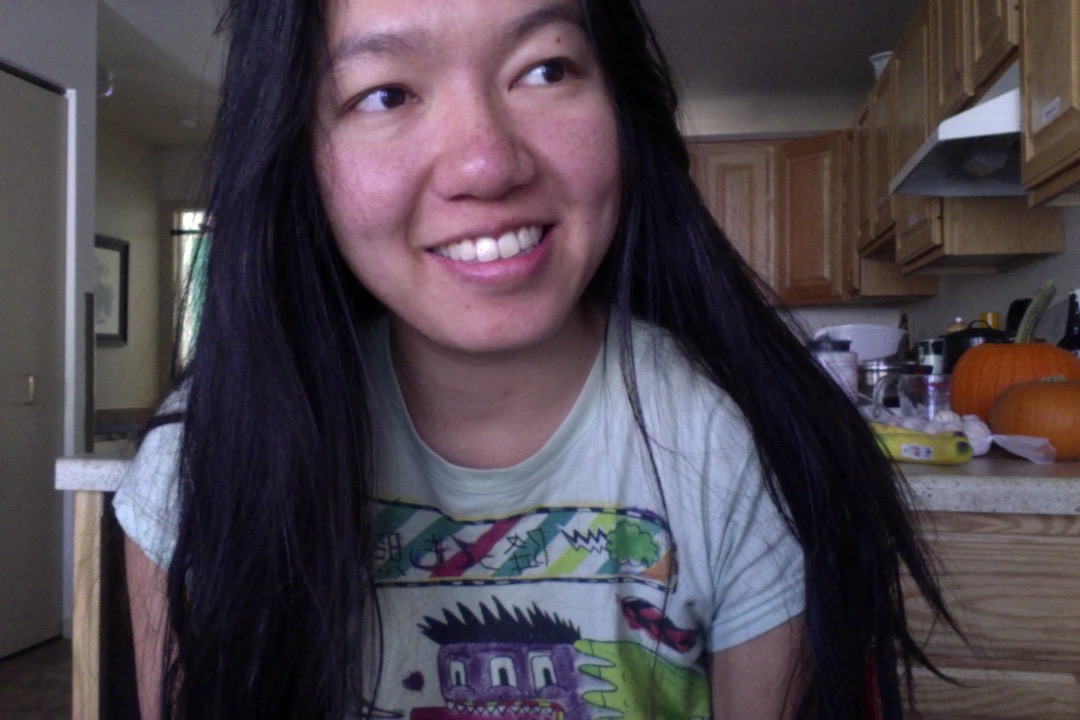
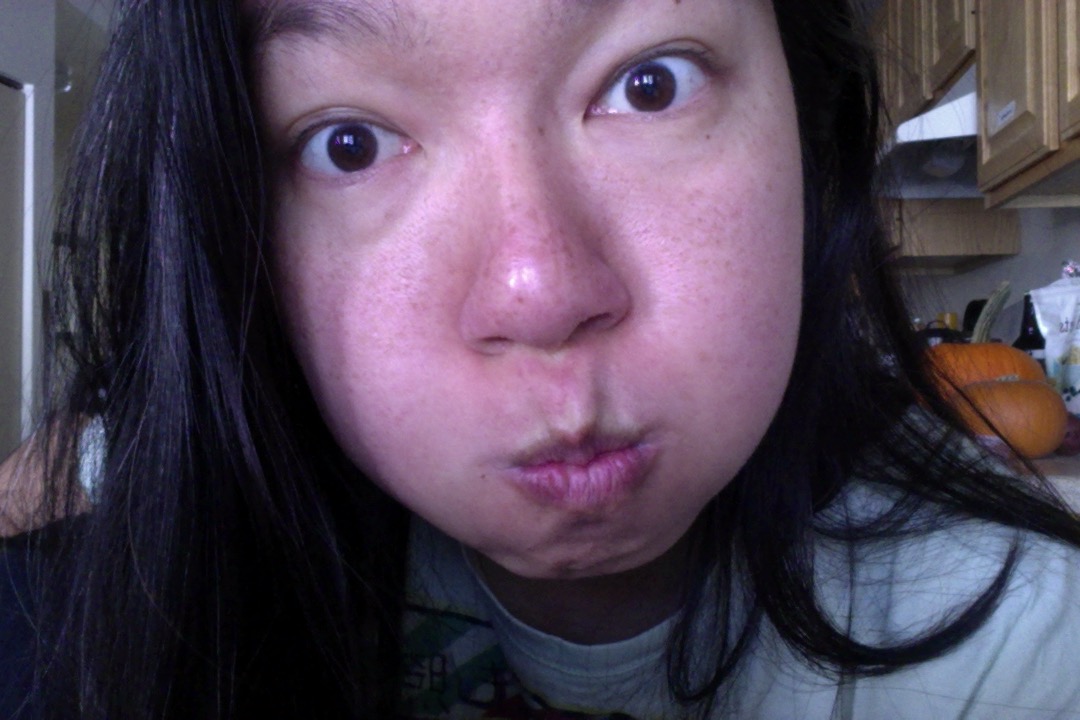


She continues, “Do you think you’re hard for someone else to love?”
I think for a moment and say, “I don’t think I’m hard to love, but I can be a lot to take on. I won’t deny that.”
“Are you afraid that you’re too honest?”
“No, I worry about not being honest enough. I’m too much of a ‘silver lining’ person sometimes. I think if anything, more people should worry about how to be more honest. The world can be a bitter pill, and people give it a lot of sugarcoating. But maybe we as people need more practice in tasting and taking our medicine.”
“Are you afraid that the more you put yourself out there, the more you set yourself up to get hurt or judged?”
“No. If people don’t connect with this story, then it wasn’t for them. If they do, then maybe it’s helped them stop hiding or holding onto something. As for judgment, people are always judging others, no matter what you say or don’t say, so you may as well say and do what suits you. If someone can love me as much as you do without understanding me, I’ll consider myself lucky and think they’re a decent person. And if someone can love me as much as you do and also understand me, I’ll consider myself really lucky and hope they’re only half as fucked up as I am. Not for my sake, of course, but for theirs. Hell, for my sake, I’d love for them to be even more batshit ridiculous than I can even dream of being.”
“Do you ever worry that you’re too transparent?”
“Not at all. Transparency is my favorite color.”

**Special note: Yes, my mom reads this blog, and yes, we talk about the posts. After my dad passed away, she asked that we always be honest with each other, because if we can’t be honest with our closest relative, then we can’t be honest with anyone. It sucks sometimes and I struggle with it, but in the long run, I’m glad that she asks this of me and think it makes me more fair with other people, too. Also, I’m pretty sure I have my mom to thank for some serious stamina in interviews and meaning-of-life discussions.




